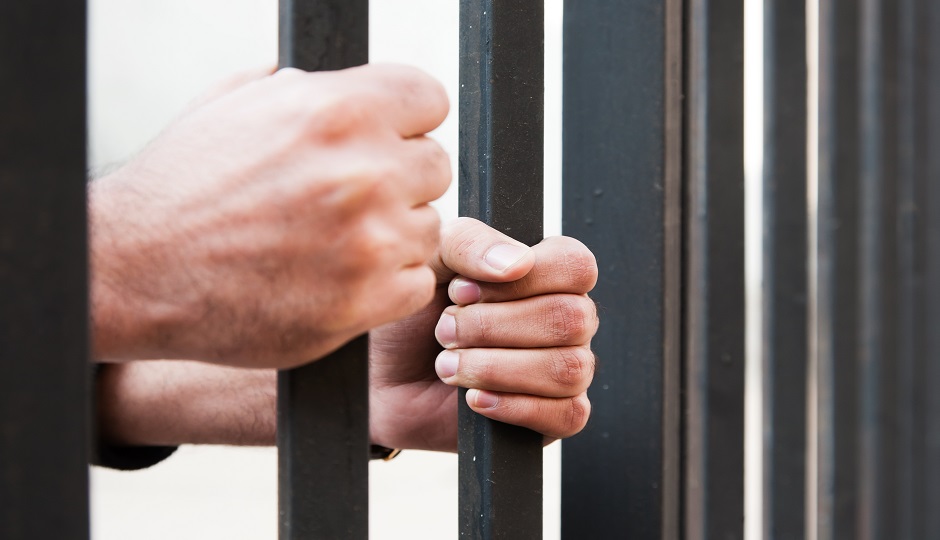
Although gambling is prohibited in both federal and provincial detention facilities, the prison setting is a space removed from time and the norms of “real life”, leaving inmates with opportunities to reinvent new recreational activities.
Despite an unusually high proportion of problem gamblers among the correctional population, prison inmates constitute a group that has been largely neglected, if not entirely overlooked, by scientific study. Very little information is available on gambling practices within Québec’s detention facilities. It is important to gain a better understanding of this issue and to determine whether or not the situation is problematic.
The development and persistence of pathological gambling could be limited by contextual factors.
This being the case, and despite the ban on gambling, pretexts for betting abound and inmates frequently indulge in the practice. Surprisingly, this gambling behaviour is not associated with deviant behaviour or violence. Prisoners wager soft drinks, bags of chips, stamps and coffee on card games and sports matches with little or no intervention from correctional officers.
We expected to find that inmates who had a gambling addiction before being incarcerated would experience an amplification of the negative consequences associated with their abusive gambling habits while in prison. However, many of them stopped gambling altogether during their incarceration, primarily due to the absence of state-run gambling activities such as video lottery terminals, uninteresting wagers and an inappropriate atmosphere, thereby showing that controlling certain aspects of gambling opportunities can have an impact on even the most hardened of gamblers. On the whole, it appears that the development and persistence of pathological gambling could be limited by contextual factors.
Main researcher
Serge Brochu, Université de Montréal
Deposit of the research report: July 2012
